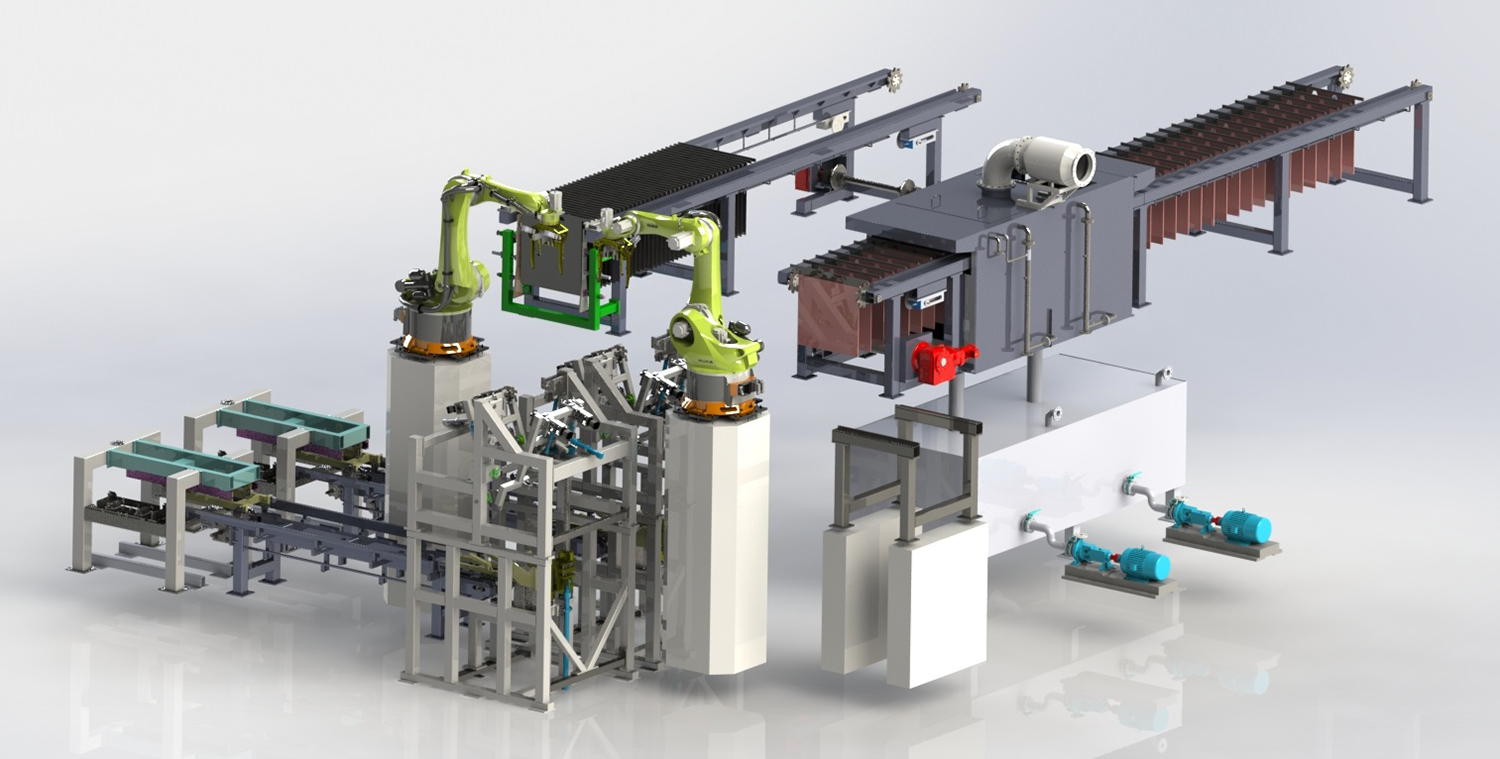Smelting is the core process of waste copper treatment, which involves melting waste copper at high temperatures, adjusting the mechanical properties of the alloy by adding alloying elements, and then preparing copper materials for various purposes through subsequent casting or processing. The smelting process requires strict control of the quality, composition, and temperature of raw materials to ensure the quality of the final product. At the same time, a large amount of exhaust gas, waste residue, and waste liquid will be generated during the smelting process, which requires effective environmental protection treatment.
For some high-purity scrap copper materials, such as electroplated copper and electronic components, they can be processed through electrolytic refining. Electrolytic refining is the process of separating metal elements from anode mud through electrolysis, and then further processing them to prepare various high-purity metals. The electrolytic refining process requires a large amount of electricity and chemical reagents, resulting in higher costs. However, electrolytic refining can obtain high-purity metal materials with high added value.

 English
English  Español
Español  Português
Português  русский
русский  français
français  日本語
日本語  Deutsch
Deutsch  Tiếng Việt
Tiếng Việt  Italiano
Italiano  Nederlands
Nederlands  ไทย
ไทย  Polski
Polski  한국어
한국어  Svenska
Svenska  Malay
Malay  বাংলা
বাংলা  हिन्दी
हिन्दी  Pilipino
Pilipino  Türk
Türk  عربى
عربى  Indonesia
Indonesia  norsk
norsk  čeština
čeština  Українська
Українська  Javanese
Javanese  فارسی
فارسی  తెలుగు
తెలుగు  Burmese
Burmese  български
български  Latine
Latine  Azərbaycan
Azərbaycan  Српски
Српски  Esperanto
Esperanto  Afrikaans
Afrikaans  Català
Català  Cymraeg
Cymraeg  Беларус
Беларус  Hrvatski
Hrvatski  Kreyòl ayisyen
Kreyòl ayisyen  Shqiptar
Shqiptar  Bosanski
Bosanski  Кыргыз тили
Кыргыз тили  ಕನ್ನಡ
ಕನ್ನಡ  IsiXhosa
IsiXhosa  Chichewa
Chichewa  Somali
Somali  O'zbek
O'zbek  հայերեն
հայերեն  Sundanese
Sundanese  Malagasy
Malagasy 






